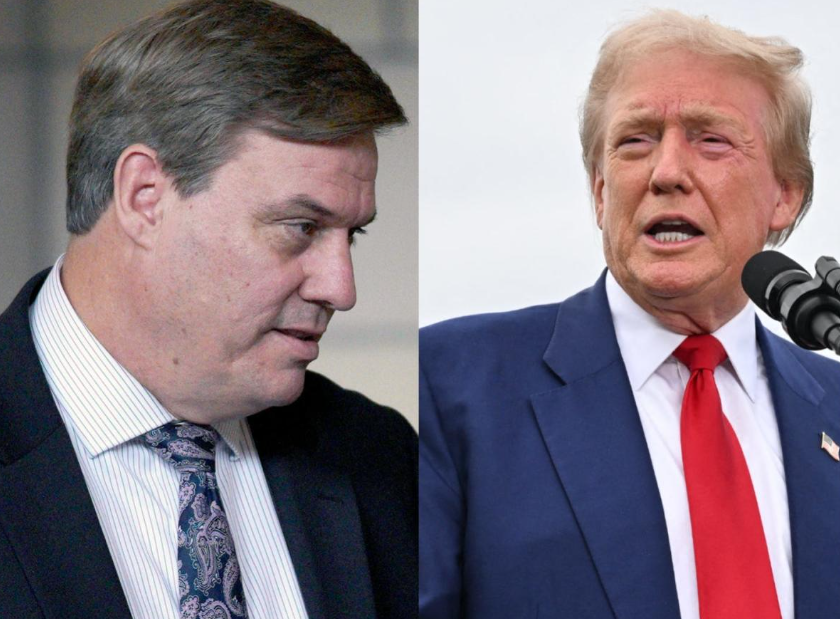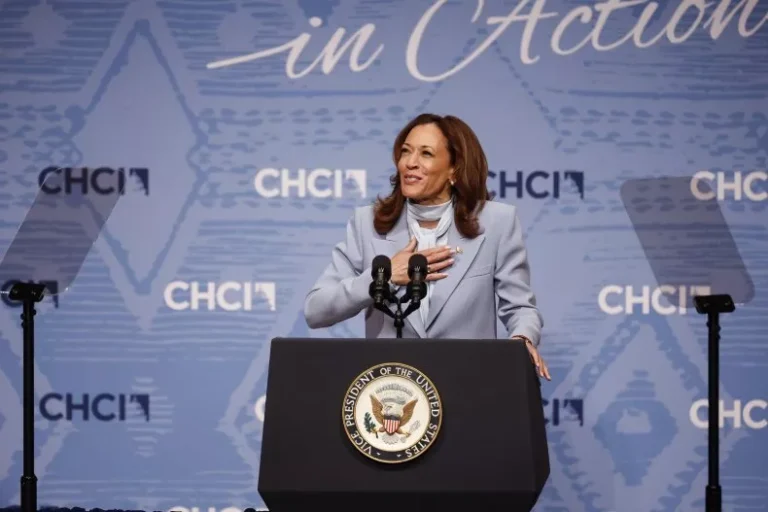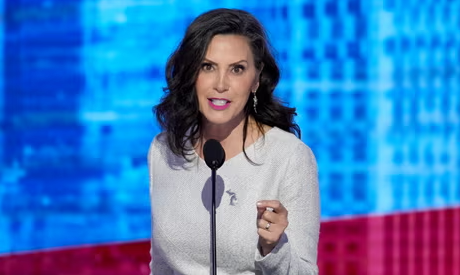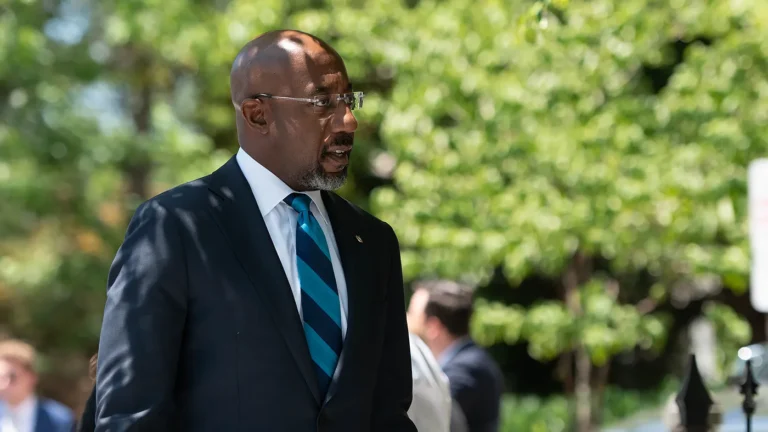“Trump Acknowledges Defeat in Last-Ditch Electoral College Strategy”
On Monday, former President Donald Trump acknowledged that his efforts to disrupt Vice President Kamala Harris’s potential path to the White House were likely futile. Trump’s campaign aimed to persuade Nebraska to modify its method of allocating Electoral College votes, but faced a significant setback when state Senator Mike McDonnell announced he would not support any last-minute changes so close to the presidential election.
“Elections should be an opportunity for all voters to be heard, no matter who they are, where they live, or what party they support,” McDonnell stated in a release from his office. “After careful consideration and listening to Nebraskans and leaders on both sides of the issue, it’s clear that 43 days from Election Day is not the right time to make this change.”
In response, Trump criticized McDonnell, labeling him a “Grandstander!” He expressed frustration on his social media platform, Truth, stating, “It would have been better, and far less expensive, for everyone! Unfortunately, a Democrat-turned-Republican(?) State Senator named Mike McDonnell decided, for no reason whatsoever, to get in the way of a great Republican, common-sense victory.”
McDonnell, who previously led the Omaha Firefighters union, switched parties earlier this year due to his anti-abortion stance. He has consistently opposed attempts to alter how Nebraska allocates its Electoral College votes, a move that could benefit Democrats in a key Omaha-area congressional district.
Nebraska Republicans currently dominate the state’s political landscape, including its officially nonpartisan unicameral legislature. According to the Nebraska Examiner, McDonnell’s stance leaves Republicans with “no path” forward unless a Democrat or independent lawmaker changes their position.
Governor Jim Pillen, a Republican, has indicated he would only convene a special legislative session if at least 33 senators publicly commit to overcoming a filibuster. Trump’s allies had hoped that if McDonnell changed his mind, it might persuade other undecided senators to follow suit.
Despite the setback, Trump remains optimistic, declaring, “I LOVE OMAHA,” and suggesting that other Republican senators who voted against the change might reconsider.
Harris’s path to the presidency relies on maintaining the current electoral landscape. Nebraska and Maine are the only states that allocate some of their Electoral College votes by congressional district. In 2020, President Joe Biden won the Omaha-area 2nd District, securing an additional Electoral College vote. Republicans are concerned that this district, represented by Republican Congressman Don Bacon, is shifting away from their support.
The upcoming election is poised to be extremely competitive, with Trump and Harris facing a tight race. If Harris wins the Omaha-area vote while retaining the support of the key “Blue Wall” states—Pennsylvania, Michigan, and Wisconsin—she could still win the Electoral College, even with potential losses in swing states like Arizona, Nevada, and North Carolina. Conversely, without the Omaha-area vote, the election could end in a 269 to 269 tie, potentially favoring Trump if the decision goes to the U.S. House of Representatives.
Before Biden withdrew from the race, the Blue Wall and Nebraska’s “Blue Dot” were considered his only viable paths to reelection. Harris has made strides for Democrats in competitive states such as North Carolina and Nevada, yet polling indicates that the race remains extremely close across many battleground states.






